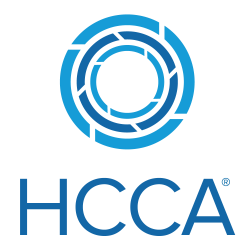A “clear inconsistency” in site monitoring process outcomes during clinical trials is placing an “unsustainable” strain on the demand for and management of clinical research associates (CRAs) today—and it’s only going to get worse unless the industry reconsiders how it handles technology and workforce training, according to a new white paper from IQVIA.
“There is a need for new approaches enabling faster, less costly drug development models with a focus on operational trial conduct processes,” author Rajneesh Patil, head of process design, technology, and analytics clinical operations with the centralized monitoring services at IQVIA, writes in “The Clinical Trial and CRA of the Future.”
Further, risk-based monitoring (RBM) and centralized trials are reshaping the role of the CRA, changing the position into “more of an analyst and a quality auditor managing site motivation, compliance, and the relationship,” Patil writes. “As the monitoring paradigm shifts to more data-driven and eventually to a ‘direct to patient’ and ‘virtual trial’ model, the stack of activities that were performed by a CRA onsite begins to transform significantly owing to centralization of these activities.”
Patil envisions a new role for the CRA, with responsibilities centered around the following duties:
- Site quality management—Requiring a quality audit mindset and critical thinking.
- Analyzing insights from data—Rewarding analytical abilities for data-driven decisions.
- Site relationship management—Focusing on site motivation, training, and compliance.
Processes that require onsite visits will become limited to a particular set of activities like site selection, initiation, and activation; quality audits; and reviews requiring physical verification of trial processes that generate clinical data or manage patient safety while conducting trial procedures, Patil notes.
The Challenges of a CRA: On-boarding, Remote Work, Retention, and Engagement
Join Wanda Snead from Sarah Cannon Research Institute at ACRP 2020 for an examination of several issues causing CRA turnover.
To thrive in tomorrow’s workforce, CRAs must be able to multitask and juggle different skills. In addition to a focus on performing quality audits, Patil says the CRA of the future will need to excel in so-called “soft skills,” such as effective site relationship management, site coordinator training, site staff motivation, patient pathways, and overall communication with the sponsor.
The CRA of the (near) future will also need to be “conversant with emerging technologies, mobility applications, novel monitoring platforms, and analytics tools,” in addition to possessing strong “analytics and data interpretation skills to identify outlier sites, emerging trends, [and] quality tolerance limits,” Patil predicts.
Author: Michael Causey




